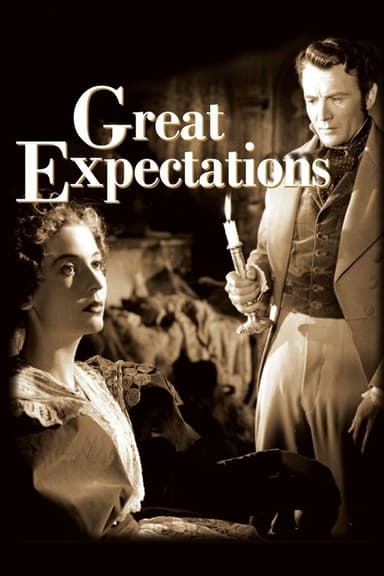
The Scarlet Empress
1934 • Drama, History, Romance • NR
During the 18th century, German noblewoman Sophia Frederica, who would later become Catherine the Great, travels to Moscow to marry the dimwitted Grand Duke Peter, the heir to the Russian throne. Their arranged marriage proves to be loveless, and Catherine takes many lovers, including the handsome Count Alexei, and bears a son. When the unstable Peter eventually ascends to the throne, Catherine plots to oust him from power.
Runtime: 1h 44m
Why you should read the novel
If you’re fascinated by Catherine the Great’s astonishing journey but want a richer and more nuanced experience, dive into the original memoir-based sources behind The Scarlet Empress. The historical accounts provide rare primary insights into Catherine’s thoughts and motivations, revealing complexities that no film can fully capture. Reading the source material allows you to understand her rise to power in her own words and the broader context surrounding her life. For those seeking depth, accuracy, and authentic historical texture, these books deliver a far more immersive journey than the movie adaptation. Experience Catherine’s ambitions, fears, and shrewdness first-hand, untethered from Hollywood stylization. By reading the memoirs, you can appreciate the full scope of history, discover the true characters of Russian court life, and gain a factual understanding missing from cinematic interpretations.
Adaptation differences
The Scarlet Empress (1934) takes significant liberties with the story found in Catherine the Great’s memoirs and related historical accounts. While the film foregrounds visual spectacle and dramatic excess, the original book explores Catherine's personal perspectives, political acumen, and her gradual transformation with much greater subtlety. One major difference is the film’s heavy stylization: the movie uses exaggerated, almost nightmarish set designs to convey oppression, whereas the book is rooted in factual events and internal reflections, focusing more on personal evolution and statecraft. Hollywood’s version often distorts characters and events for melodramatic effect. For example, the film amplifies cruelty, villainy, and romance, creating archetypal heroes and villains not present in the nuanced memoirs. Key relationships and motivations are simplified, sometimes at the expense of historical truth. The book’s portrayal of Catherine emphasizes her intelligence, political strategies, and ability to navigate complicated court dynamics, while the adaptation prioritizes visual storytelling and the “fairy tale” aspects of her ascent. The contrast between fact-based memoir and theatrical film makes a compelling case for reading the book to grasp the full historical reality.
The Scarlet Empress inspired from
The Rise of Catherine the Great: From the Memoirs of Catherine the Great
by Marlene von Heidenstam







